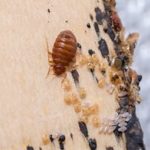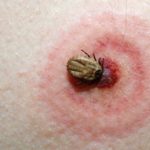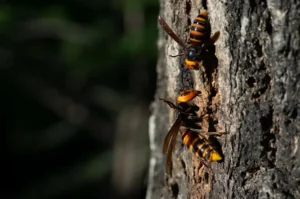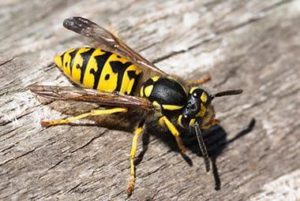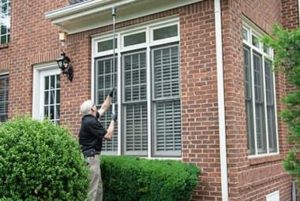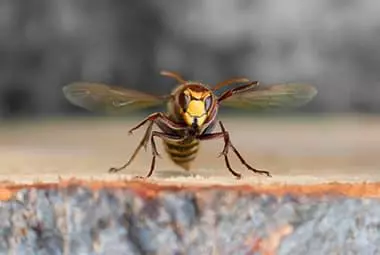
Wasps and hornets can be a nuisance during the thick of summer. Throughout June and July, they’ve been swarming your barbecues and buzzing through your picnics. But they aren’t only active in the summer. By the end of summer, all young wasps and hornets are out of their nests foraging for food. This means you might have more stinging insects now than you did all summer. Let’s take a look at what this means.
Increased Aggression in Stinging Insects
You’re more likely to be stung by a wasp or hornet in the fall. This is mostly because there are more of them. All the eggs have hatched, and entire colonies are out looking for food before winter hits. For some species of stinging insect, it’s important to gather enough food to keep a colony alive throughout the winter. For other species, hibernation isn’t an option, and fall is just the last chance to enjoy sweet nectar.
Either way, these insects are more active in the fall than they were in the spring. If you let your guard down, you may find yourself with uncomfortable stings. Wasps and hornets tend to be aggressive only when they feel threatened. It’s always a good idea to keep an eye out for hornets and wasps, especially during the fall when there are more of them around.
Preventing Wasps and Hornets
There are some things you can do now to prevent an infestation next year. One way to prevent stinging insects is to clear your yard. Stinging insects build nests in holes in the ground, in trees, on overhangs, even on playgrounds. One way to prevent this is to fill holes and trim all plants in and around your yard. Another way to prevent stinging insects is to control the presence of other pests. If you have lots of bugs on your property, wasps and hornets will probably show up in search of food.
Tips to Avoid Getting Stung
Preventative measures can be helpful, but it’s important to learn how to protect yourself from stings when stinging insects do show up in your yard. You can avoid getting stung by avoiding bright-colored clothing. Flower patterns will attract confused wasps and hornets, as will bright patches. Perfumes, or even scented soap or shampoo, can attract stinging insects. Sweet smells are enticing to them and increase your chance of getting stung. You can also minimize your chances of being stung by covering as much skin as possible and wearing long pants and long sleeves when you know you’ll be spending a lot of time outdoors. Finally, wearing bug spray can help dissuade stinging insects from coming too close to you.
When to Call Russell’s Pest Control
It’s good to think in terms of prevention and avoiding stings. Wasps and hornets are important pollinators, and you will inevitably come across a few here and there on your Nashville property. However, if your yard is filled with wasps and hornets, or if you think there is a nest on your property, it is best to get professional help. Russell’s Pest Control has experience in identifying the species of stinging insect and the factors that might have attracted them to your home in the first place. We can create a custom treatment plan to clear your yard of these pests so that you can enjoy the beautiful weather of fall without wondering if you’re about to receive another painful sting.
Preventing Wasp And Hornet Stings In Knoxville During The Fall in Knoxville TN
Serving East Tennessee since 1971
